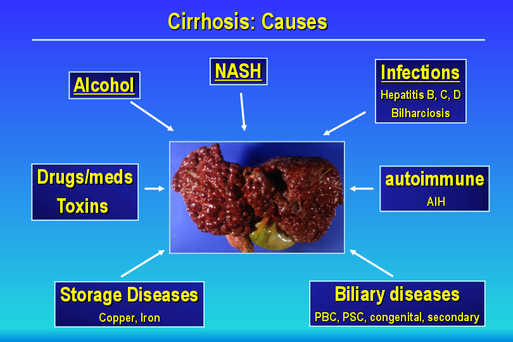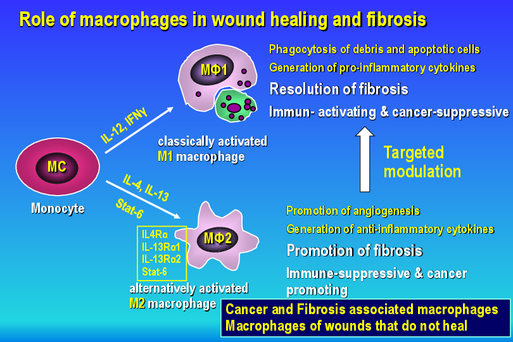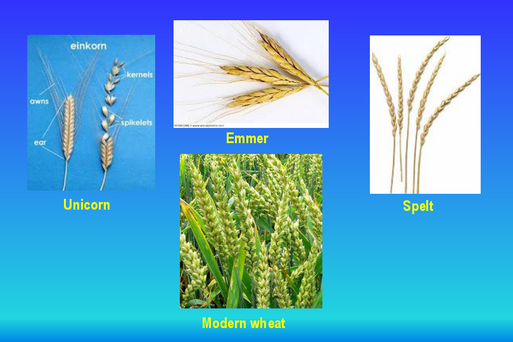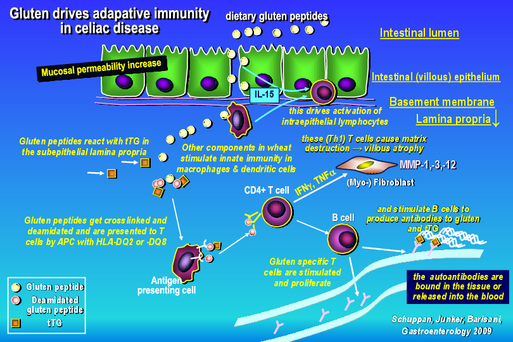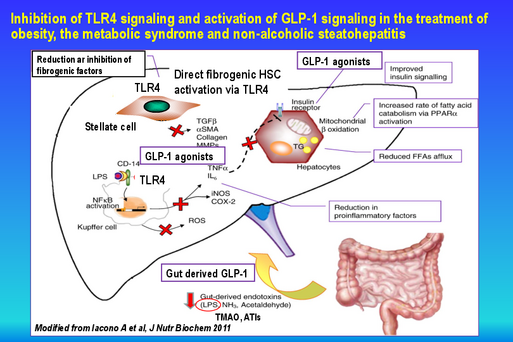Research at the Institute for Translational Immunology (TIM)
The often multidisciplinary funded projects are usually closely interlinked with other institutes and clinics in Mainz, Germany or internationally. Examples are the German Research Foundation (DFG) Collaborative Research Centers SFB1066, SFB1292, SFB-TR128, DFG individual projects, EU projects (EPOS, LITMUS, ERA Per Med), projects of the German Cancer Aid, the Federal Ministry of Education and Research (BMBF) and numerous, mostly translational research initiatives.The TIM is internationally staffed and offers broad qualification opportunities in the field of translational research, from master thesis to PhD and post-doctoral qualification. Research is almost exclusively funded by competitively acquired third-party projects and performance-based funding allocations (LOM) from the University Medical Center in Mainz.
1. Chronic liver disease, liver fibrosis and liver cancer
- Investigation of the cellular and molecular mechanisms of excess connective tissue deposition (fibrogenesis) in liver fibrosis and cirrhosis and its resolution (fibrolysis)
- Development and validation of non-invasive methods to measure fibrosis, fibrosis progression and fibrosis regression in patients with liver fibrosis and lung fibrosis, especially novel fibrosis markers (protein and micro particle biomarkers) in serum or plasma, and quantitative molecular imaging of fibrosis and fibrogenesis
- Development and validation of new therapies for non-alcoholic steatohepatitis (NASH)
- Development and validation of antifibrotic therapies that inhibit fibrosis progression or induce fibrosis regression: small molecules, small interfering RNA (siRNA), antisense oligonucleotides (ASOs), nanoparticular delivery systems
- Use of cell cultures, tissue cultures, and animal models of liver fibrosis, liver inflammation and liver cancer
- Development of new transgenic mouse models relevant to liver fibrosis and liver cancer
- Design and management of phase 1-2 clinical trials for fibrosis and liver cancer therapy
- Collaboration with laboratories, biotech companies and hospitals in Germany, Europe and the USA, among others; in Mainz (JGU) projects with research groups of the FZI, CTH, cardiology, pharmacology, chemistry, nanochemistry and polymer chemistry
- Studies of primary hepatocellular, lung, colon, and pancreatic carcinoma and metastases; use of cell cultures, tissue cultures, and preclinical animal models
- Role of tumor-associated macrophages, other immune cells, and tumor myofibroblasts (tumor micro-environment) during tumor progression and regression
- Targeted therapeutic manipulation of these cells and other cells of the tumor microenvironment (small molecules, siRNA, ASO, nanoparticular delivery systems)
- Development and validation of innovative CAR T cell and BiTE therapies
- Development and validation of innovative combination therapies for improved cancer therapy
- Development and validation of novel serum/plasma biomarkers for tumor progression and regression
- Design and management of phase 1-2 clinical trials for tumor therapy (in collaboration with UMC Mainz Hemato-Oncology)
- Investigation of molecular mechanisms of inflammatory bowel disease (IBD) in various mouse models
- Testing of new pharmacological, immunological and probiotic therapies for IBD
- Development of new IBD serological markers
- Investigation of molecular mechanisms of celiac disease in humans, transgenic and immunologically humanized mouse models
- Testing of new pharmacological, immunological and probiotic therapies of celiac disease in transgenic mouse models
- Conducting phase 1-3 clinical trials, including new drugs, for the treatment of celiac disease and refractory celiac disease
- Development of new diagnostic and serological markers for celiac disease
- Cellular and in vivo studies on ATI sensitivity (models for autoimmune diseases, fibrosis and cancer development)
- Cellular and in vivo studies on (atypical) food allergies ("irritable bowel syndrome")
- Clinical studies on ATI sensitivity in autoimmune diseases and allergies
- Molecular studies on ATIs and allergens in old and new wheat varieties and processed foods
- Generation and testing of ATI-reduced transgenic wheats
- Effect of defined microbiota and probiotics, dietary components and their microbial metabolites on intestinal and extra-intestinal inflammation, nonalcoholic steatohepatitis (NASH), and the metabolic syndrome
- Immunological mechanisms of classical and atypical (IgE-negative) allergies, especially to common foods (wheat, milk, soy, yeast); the role of intestinal signaling in inhalant allergies
- Pathology and mechanisms of severe multisystem infections (COVID-19); development and clinical validation of serological biomarkers for COVID-19 and in particular Long-COVID and chronic fatigue syndrome (CFS)
- Development of quantitative molecular imaging of organ fibrosis, particularly liver fibrosis and fibrogenesis
- Molecular patho-biochemistry of the extracellular matrix
- Development and validation of carrier systems for organ- and cell-specific transport of siRNA, mRNA and small molecules (lipoplexes, polymer nanoparticles)
